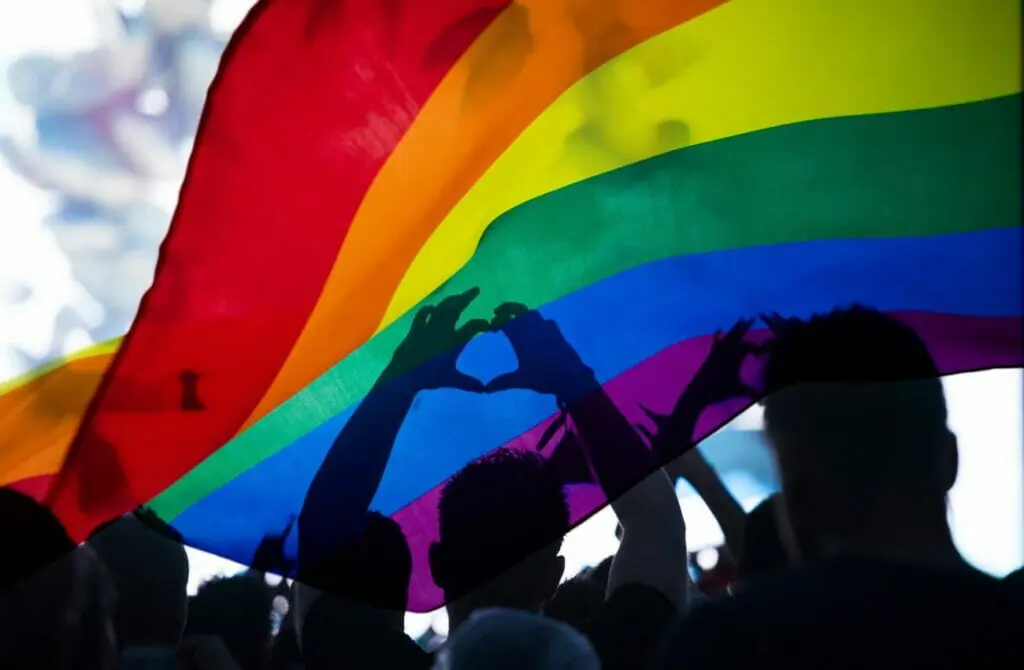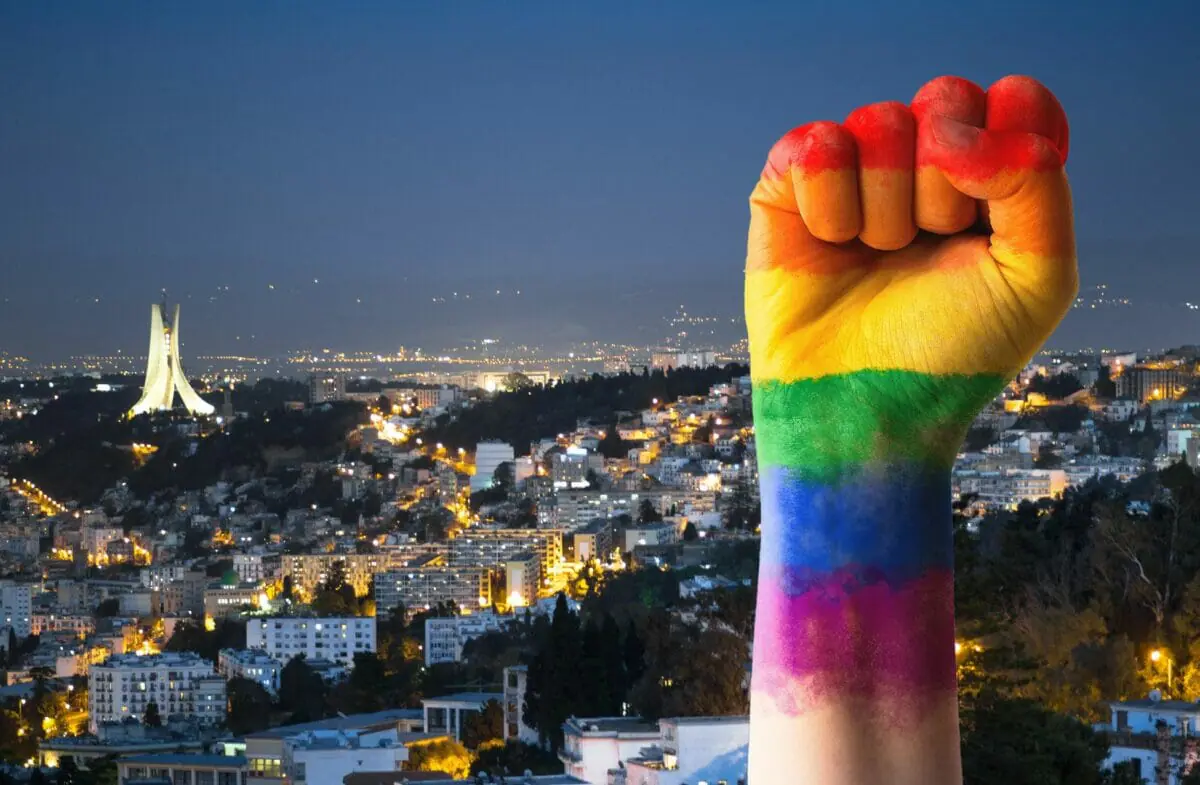Algeria, a North African country with a rich cultural heritage, presents a challenging landscape for the local LGBTQ+ community and international travelers. While the nation boasts picturesque landscapes and ancient architecture, it is crucial for visitors to understand the legal and societal limitations surrounding LGBT rights.
For local people and tourists alike, there is a stark reality that same-sex relations are illegal, punishable under Article 338 of the Algerian penal code, with imprisonment as a possible consequence. This hostile environment has further resulted in the lack of anti-discrimination protections, making access to public services such as healthcare difficult for LGBTQ+ individuals.
Safety should be the top priority for both locals and tourists who identify as LGBTQ+. It is critical to remain vigilant at all times, given that situations can change rapidly, and information may be outdated. In countries like Algeria, where the legal framework and social attitudes are unfavorable to the LGBTQ+ community, finding current advice from reliable sources and connecting with existing networks of support are essential steps to ensure one’s protection.
As an LGBTQ+ traveler, consider taking extra precautions and evaluating the necessity of visiting a homophobic country like Algeria. While it may offer captivating sights and a diverse culture, the risks associated with openly expressing one’s identity may be too severe.
If you do choose to travel to Algeria, be aware of the current climate, prioritize your safety and well-being, and take measures to remain discreet if needed. Remember that there are bad actors in every country, and it is crucial to remain cautious in the face of adversity.
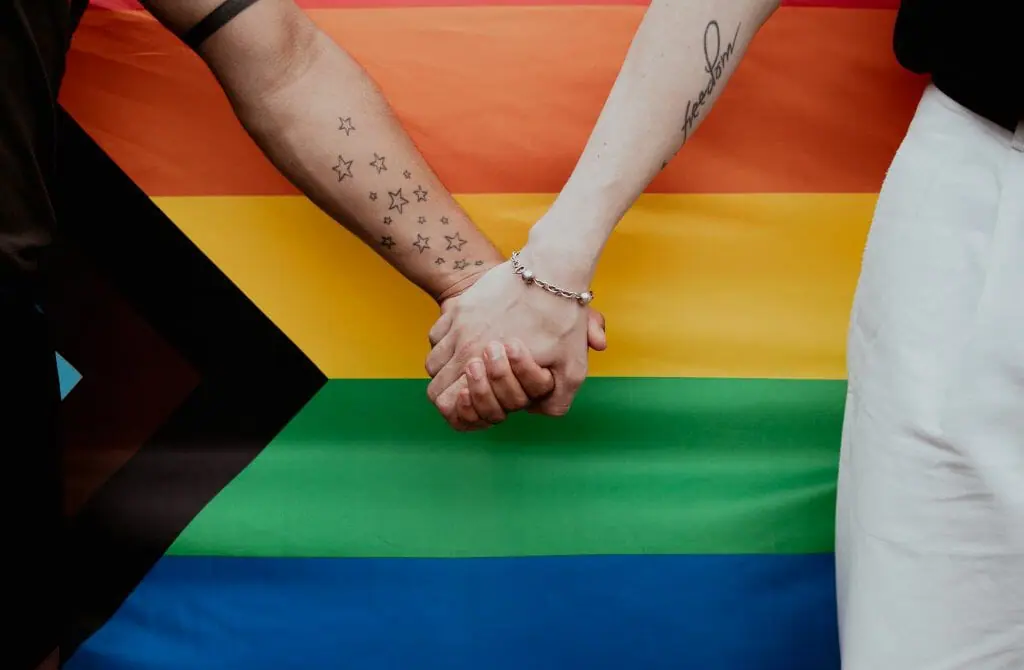

History Of LGBT Rights In Algeria
LGBT rights in Algeria have historically been challenged by legal restrictions and societal discrimination. Both male and female same-sex sexual acts are illegal in the country, with potential imprisonment as a consequence.
For local LGBTQ+ individuals, daily life can be difficult, given the lack of protections and rampant discrimination. Access to public services like healthcare can be a challenge, as they may face longer wait times, refusal of treatment, and shaming. Unfortunately, while tourists might not face criminal charges, they are still subject to social stigma and poor treatment if their sexual orientation is discovered.
If you choose to visit Algeria as an LGBTQ+ traveler, be aware of the potential risks and take necessary precautions. While the situation in Algeria might evolve, it is essential to keep up-to-date on local laws and protections for LGBTQ+ people. Remember that circumstances can change rapidly, and information might be outdated; always seek the most current advice before traveling.
Given the sensitivity surrounding LGBTQ+ rights in Algeria, it is advisable to err on the side of caution. Recognize that, like anywhere, bad actors exist, and it’s essential to remain vigilant. Taking extra care might involve avoiding public displays of affection, staying aware of your surroundings, and connecting with local LGBTQ+ support networks.
If you decide to travel to Algeria, it’s crucial to prioritize your safety and exercise discretion. While it is disheartening to encourage hiding parts of oneself, the situation in the country might call for such measures to ensure a smooth and secure journey. Above all, prioritize self-preservation and maintain a professional demeanor during your stay.
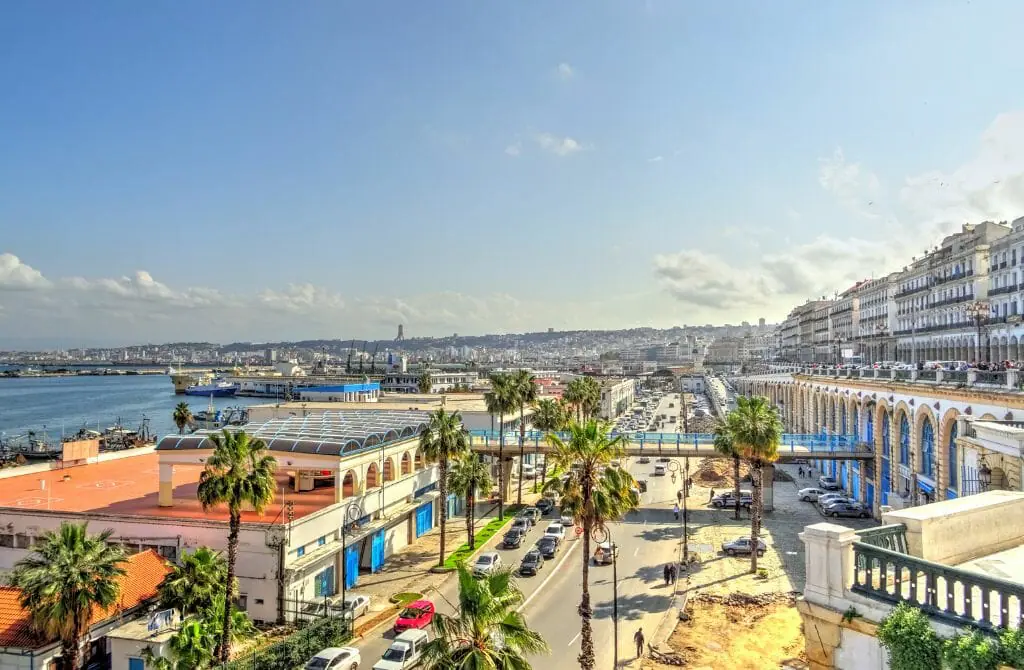

The LGBT Current Situation In Algeria
The current situation of LGBT rights in Algeria is challenging for both locals and tourists. As a travel writer and an LGBT person, I must share that homosexuality is illegal in Algeria, and both male and female same-sex sexual acts can lead to imprisonment. Unfortunately, there is no legal protection against discrimination against LGBT individuals, making access to public services, such as healthcare, difficult.
Unlike tourists, local LGBT individuals have to navigate these societal challenges daily. Tourists visiting Algeria should be aware of the potential risks and plan their trip accordingly. It is foremost to practice discretion and avoid public displays of affection to ensure personal safety.
As a writer and member of the LGBT community, I feel it’s crucial to address the legal and societal challenges faced by LGBT individuals in Algeria. Homosexuality remains illegal in this North African country, with both male and female same-sex sexual acts carrying the risk of imprisonment. Moreover, the lack of legal protections against discrimination for LGBT people complicates access to essential services, such as healthcare.
This reality is a daily struggle for local LGBT individuals, starkly contrasting with the experiences of tourists. While visiting Algeria, tourists should be mindful of these challenges, practicing discretion and refraining from public displays of affection to ensure their safety.
This situation in Algeria is not unique in the region. For a broader understanding of LGBT rights in similar contexts, you might find it insightful to explore our articles on LGBT rights in Brunei, Iraq, and Syria, which offer a comparative perspective, highlighting the varied legal and societal landscapes that LGBT individuals navigate in different parts of the world. These articles provide a deeper context and help to contrast the experiences and challenges faced by the LGBT community in these regions.
To protect oneself while visiting Algeria, it is wise to stay informed about any legislative changes or updates on LGBT rights in the country. Be cautious about sharing your sexual orientation or gender identity with others, especially in public spaces. Social media can also pose risks; use privacy settings judiciously and be cautious when sharing personal information online.
Always remember that situations can change quickly, and information may be out of date. Before traveling, be sure to seek current advice from reliable sources, such as official government websites or reputable travel advisories. Remain vigilant and keep your safety a top priority.
While I cannot actively encourage anyone to visit a country where LGBT individuals face such considerable challenges, I understand that some may still wish to travel to Algeria for personal or professional reasons. In such cases, please take extra care to ensure your well-being and respect local customs to minimize potential risks. As a traveler and LGBT advocate, I continue to hope for a day when everyone can travel freely and safely, regardless of their sexual orientation or gender identity.
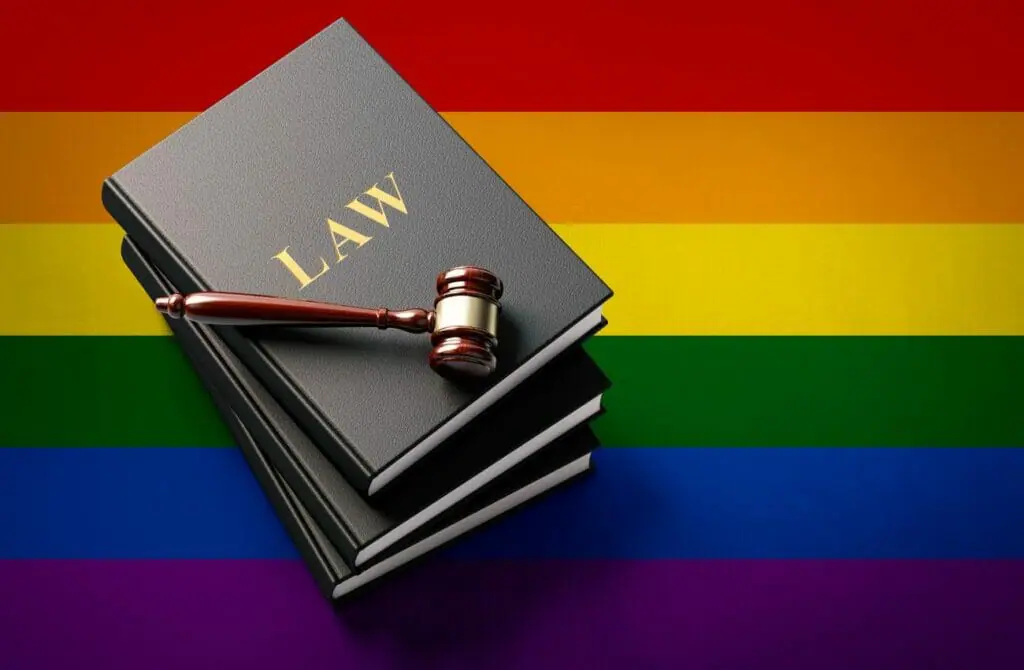

The Future For The Queer Community In Algeria
As the landscape of LGBT rights in Algeria continues to evolve, it’s essential to understand the differences in how these rights affect local people versus tourists. While homosexuality is still criminalized in Algeria, with penalties ranging from fines to imprisonment, the enforcement of these laws is typically aimed at local citizens rather than foreign visitors. However, this does not mean that tourists are unaffected by the overall homophobic atmosphere in the country.
If you decide to visit Algeria, it’s crucial to take steps to protect yourself, such as researching and understanding local customs, laws, and attitudes toward LGBT individuals. While there is no way to guarantee complete safety, staying informed and practicing discretion in expressing your identity can help minimize potential risks. Remember that situations can change rapidly, and information can become outdated, so it’s essential to seek current advice before traveling.
As a responsible traveler and advocate for LGBT rights, it’s important to consider the impact of visiting a country with discriminatory laws and practices. By choosing alternative destinations where LGBT individuals are embraced and protected, you can contribute to a culture of acceptance and understanding. However, if you do decide to visit Algeria, always remain vigilant regarding your surroundings and interactions. Be cautious of revealing your sexual orientation and be prepared to encounter prejudice or discrimination.
In conclusion, the future of LGBT rights in Algeria is uncertain, and visiting such a country requires careful consideration and preparedness. Stay informed, exercise caution, and remember that whatever your choice, it’s essential to prioritize your safety and well-being.
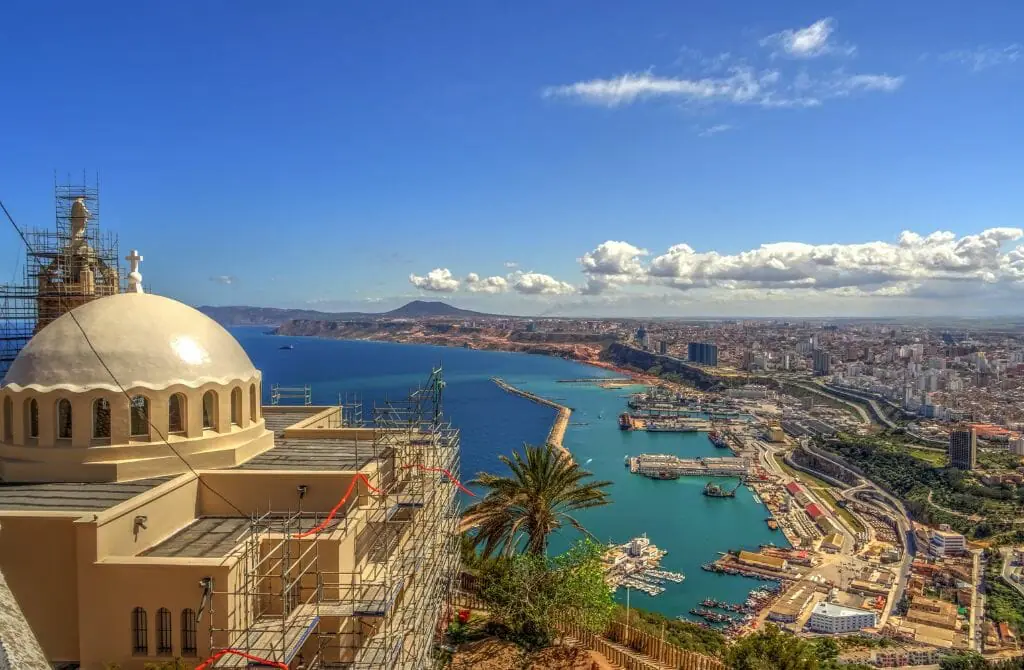
Protect Yourself While Travelling In Gay Algeria
As a traveler visiting the country, it is crucial to advise those considering a visit to Algeria, especially members of the LGBT community, to carefully assess the risks associated with their travels. LGBT rights in Algeria are severely limited, and both locals and tourists may face legal challenges and discrimination for expressing their identity.
It is important to acknowledge that local LGBT individuals typically face harsher consequences than tourists, as Algeria has laws that criminalize homosexuality, with sanctions that include imprisonment. Moreover, LGBT people in Algeria are not protected by anti-discrimination legislation and may experience discrimination in access to public services such as healthcare.
As a visitor to Algeria, it is essential to exercise caution and discretion. Be aware that the situation in the country may change rapidly, so always seek current advice before traveling. Remain vigilant against potential threats and understand that there are always individuals who may take advantage of vulnerable tourists.
For those who decide to visit Algeria despite these challenges, it is advised to take the following precautions:
- Limit public displays of affection to avoid attracting unwanted attention.
- Avoid discussing your sexual orientation or gender identity with locals who may not be supportive.
- Stay in reputable accommodations and use trusted transportation services.
- Familiarize yourself with emergency services and consulate contact information in case of an urgent situation.
Ultimately, while it is disheartening to discourage travel to a country based on its treatment of the LGBT community, the risks associated with visiting Algeria are significant. If you do choose to travel to this country, please take extra care and prioritize your safety and well-being.
